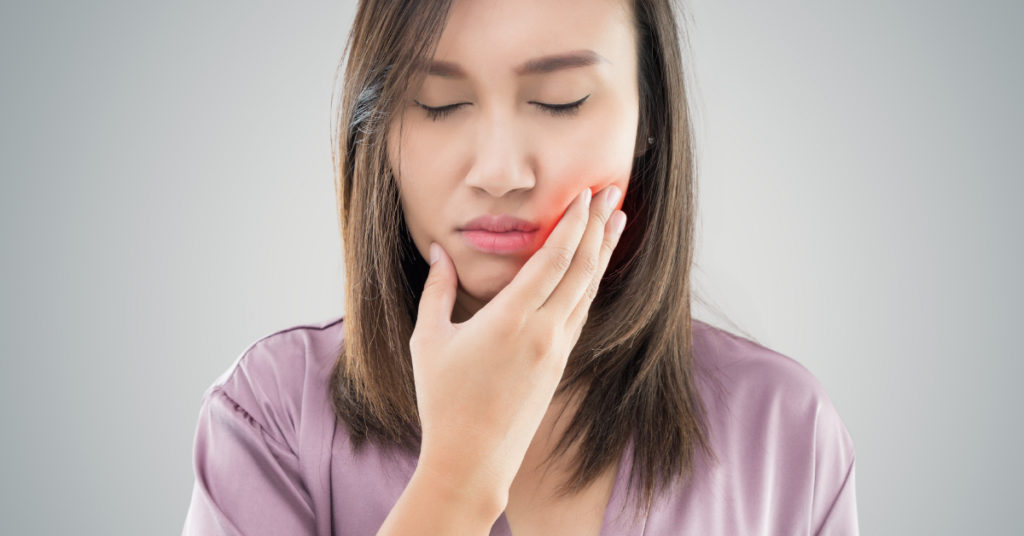
While keeping your pearly whites in tip-top shape is important, you should also remember the value of taking care of your gums as part of an essential oral care regimen.
You might have noticed a bit of blood in your mouth after you floss, or maybe you detected a tinge of pink in the sink after brushing. Is it serious? What could have caused it? Gums bleed for a lot of reasons. Some of them, such as gum disease, can be pretty serious and warrant a visit to your local dental provider. In other cases, you can put a stop to bleeding gums by making small, simple changes to your daily flossing and brushing routine.
Read on below for some oral health care tips from your Dallas dentist.
Observe good dental hygiene
According to the American Dental Association, plaque buildup along the gumline is one of the major causes of bleeding gums. Plaque that hardens turns into tartar, which plaque sticks to and irritates the gums. Irritated gums may bleed, and if left untreated, may progress into more serious forms of gum disease.
Step up your oral care game to reduce your risk. Floss daily, and be sure to brush at least twice a day using a fluoride toothpaste.
Evaluate your oral care tools
They may be what’s causing your gums to bleed. A toothbrush that has medium to hard bristles may seem like it does better work to clean your teeth, but they may cause irritation, causing your gums to bleed.
ADA suggests choosing a toothbrush with soft bristles to avoid irritating your teeth and gums. Failing to floss every day can also cause your gums to bleed. Be sure to do it gently, not pressing the floss against your gums with too much force.
Eat right
Your diet plays a vital role in keeping your gums healthy. Avoid foods that have a high sugar content like sweets and simple carbohydrates. Sugar creates a conducive environment for plaque and can heighten your risk for tooth and gum issues. You don’t need to ban sweets altogether, but we encourage you to eat them in moderation. Do not forget to brush right after!
Maintain a diet that is rich in whole foods like fruits and vegetables to provide your gums with the nutrients they need.
See your Dallas dentist
Observing good oral care habits, using the right tools, and maintaining a balanced diet should help stop you from seeing red. However, if making these changes do not stop your gums from bleeding, it’s time to see your Dallas dentist.
Source:
“Bleeding Gums,” Mouth Healthy, https://www.mouthhealthy.org/en/az-topics/b/bleeding-gums
